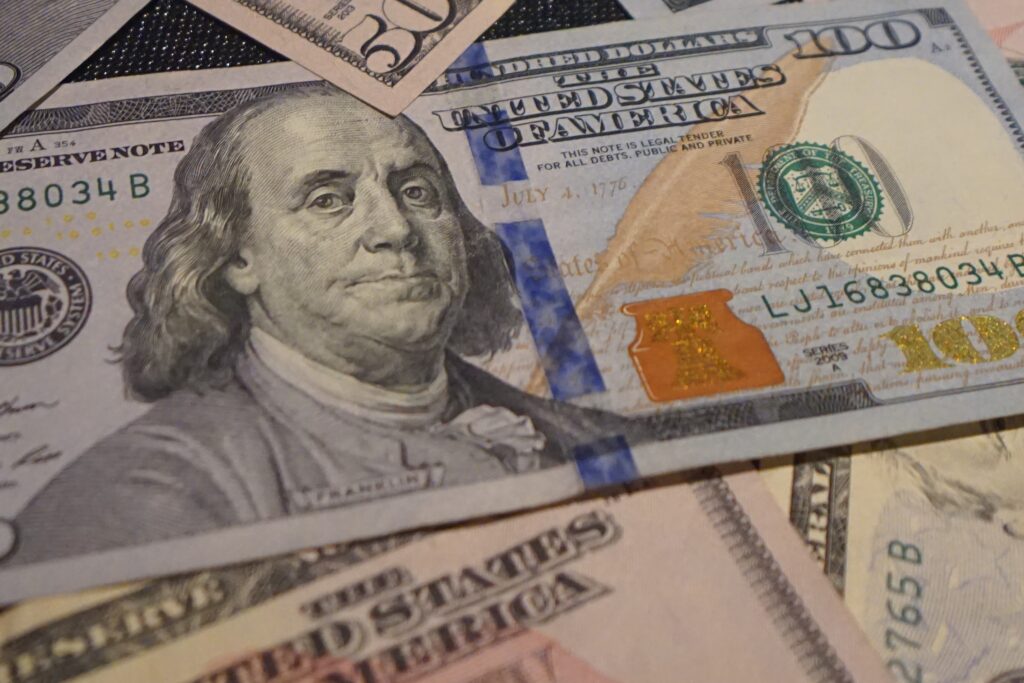Struggling to get towards payday each month, with outgoing costs and regular bills getting you down? Getting a better grip on your finances and tackling your money with a bit of a different mindset might allow you to feel that bit better about your finances, and take your first steps towards financial freedom. Inspired to make some productive changes in how you approach your finances? To help you get started, here are some helpful steps for analyzing and bettering your financial health.
Curving your spending
Starting by sitting down and taking a closer look at your finances, there are a few quick things that you can try to curb spending right out of the gate:
- Looking at your outgoings and seeing if you can cut some of them down – or cut some out complete – should easily net you at least a few extra pounds in the bank at the end of each month, which you can then put to one side in a savings account, or straight into an investment portfolio (such as a micro-investing platform such as MoneyBox). If you are out of contact with your broadband or mobile phone then you can often nearly cut costs by half each month, and there are plenty of energy-switching services that can save you some costs by changing to a different provider.
- Once you’ve trimmed the fat on some of your bigger bills, you might also want to look at some of the smaller recurring payments, and see if you can’t stop some payments/services entirely. Many of us pay for subscriptions/memberships to services or platforms that we no longer use (or have forgotten about entirely), and so again, cutting these out of the equation will quickly net you some extra money that you didn’t know you had.
- Altering your shopping habits is something that many people can save money from doing. It’s often more convenient to pick up bits and pieces throughout the week rather than doing a ‘big shop’ once a week, but if you plan ahead and think about what you’re going to need in advance, you’ll often save money that you would have spent nipping in and out to get things that you don’t really need, and often end up going to waste anyway. You could also try comparing prices of individual groceries and shopping from different places that you go if not too stressful, again saving little bits here and there.
Tip – Remember, once you’ve looked over these different aspects of your spending, and tried to curb them as best as you can, continue to keep an eye on your spending, using your respective bank’s online app and perhaps even services that can give you notifications throughout the day/week. The Big Investment blog has a piece on some handy apps that might be of use if this sounds interesting to you.
Save your money, and invest with it for the future
Once you’ve saved a little bit of money from changing the way you look at your finances, you might want to start building yourself up a rainy day fund, or a financial buffer. Essentially a pot of money that you can rely on as a bolster should anything go wrong and you require an emergency pay
If you’re in the fortunate position of having a decent amount of savings stored away, you may decide that you want to do something productive with the funds, such as putting it back into an investment strategy and gaining financial momentum, rather than just collecting dust. Property investment is a good example of a long-term, sustainable investment strategy, that can potentially offer regular rental payments if pursuing buy-to-let. Liverpool-based property investment firm RWinvest offers a variety of guides, videos and podcasts on buy-to-let investment if this seems like something that you’d be interested in.
Get some advice
If you feel like you’re struggling with your finances and need some help, you could always contact a financial advisor for help. There are plenty of services out there that can provide free, confidential advice, and help you to get back on top of any money issues that you have.

